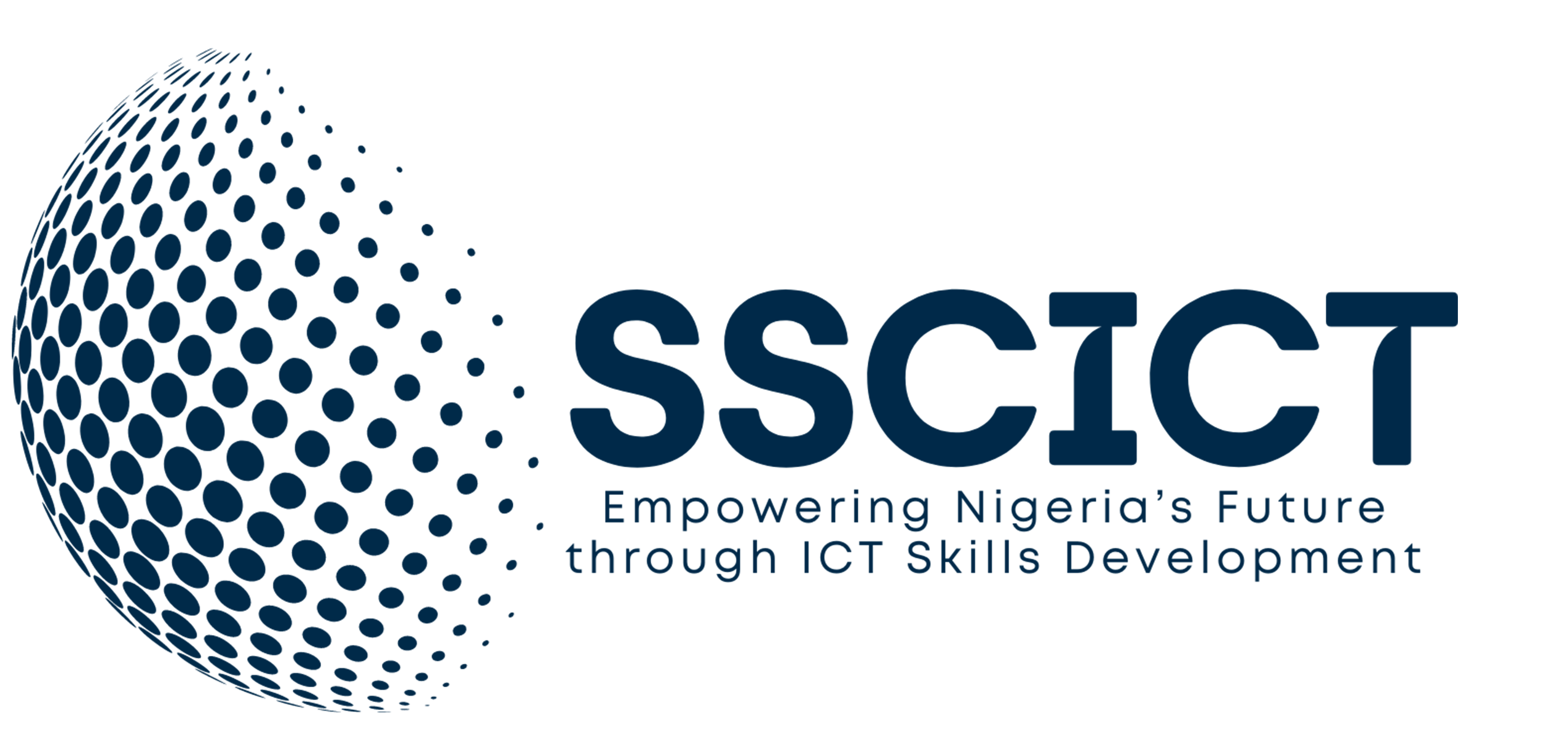By Shola Oshilaja (President Sector Skills Council ICT)
In today’s digital age, the importance of digital literacy extends beyond the confines of traditional IT jobs to virtually every sector of the economy. As Nigeria strives to enhance its position in the global market and drive economic growth, cultivating a digitally literate workforce is a pivotal element. Digital literacy encompasses a range of skills, from a basic understanding of computer operations to advanced problem-solving and programming capabilities, all of which are essential for the modern workforce.
The Spectrum of Digital Literacy
Digital literacy includes the ability to find, evaluate, use, share, and create content using information technologies and the Internet. In the context of Nigeria’s growing ICT sector, digital literacy goes beyond merely knowing how to use software or navigate the Internet; it involves a comprehensive set of skills that enable individuals to engage with digital technologies effectively and responsibly.
For Example:
- Basic Digital Literacy: Understanding how to operate computers, smartphones, and other digital devices, use software applications, and navigate the internet.
- Information Literacy: The ability to search for, locate, evaluate, and use information effectively from digital resources.
- Media Literacy: Skills in critically analysing content found online and on various digital platforms, understanding digital information’s context and potential biases.
- Communication Literacy: Proficiency in using digital platforms to communicate effectively, including email etiquette, social media interaction, and digital collaboration tools like Slack or Microsoft Teams.
- Technology Literacy: Understanding how various technologies work and their implications for the workplace and broader society, including basic troubleshooting and cybersecurity awareness.
The Role of Digital Literacy in Nigeria’s Development
Economic Impact: Digital literacy is not just an enabler of individual careers but a fundamental driver of national economic growth. As businesses increasingly rely on digital technologies, the demand for a digitally literate workforce rises. Companies in sectors like finance, healthcare, education, and even agriculture are undergoing digital transformations that require employees who are not only familiar with digital tools but can also leverage these technologies to drive innovation and efficiency.
For Example:
- In finance, digital literacy enables workers to manage online banking platforms, understand cybersecurity protocols, and utilise fintech solutions.
- In agriculture, knowledge of digital tools helps manage precision farming technologies that increase productivity and resource efficiency.
Social Inclusion: Digital literacy also plays a critical role in bridging the digital divide—a significant concern in many parts of Nigeria where access to technology and digital training is limited. By promoting digital literacy, Nigeria can ensure that more of its population can participate in the digital economy, access educational resources, and engage in civic activities online, thus fostering greater social inclusion.
Challenges in Enhancing Digital Literacy
Despite its importance, promoting widespread digital literacy in Nigeria faces several challenges:
- Infrastructure Limitations: Inconsistent electricity supply and limited internet access in rural and underserved urban areas hinder the ability of individuals to use digital technologies effectively.
- Education System Constraints: Some educational institutions need more resources and trained personnel to integrate comprehensive digital literacy training into their curricula.
- Economic Barriers: The cost of digital devices and data can be prohibitive for low-income families, limiting their access to digital learning resources.
Government and Private Sector Initiatives
Recognising these challenges, both the Nigerian government and several private entities have initiated programs to boost digital literacy across the country:
- Government Programs: Initiatives like the National Digital Economy Policy and Strategy aim to integrate digital literacy into school curricula and support ICT training centres in underserved communities.
- Private Sector Contributions: Companies such as Google and Microsoft have partnered with local organisations to provide free or low-cost training in digital skills. For instance, Google’s digital skills program aims to train millions of Nigerians in fundamental digital skills, helping them to access information and connect with job opportunities.
Conclusion
As Nigeria continues to become a digitally empowered society, the role of digital literacy cannot be overstated. It is the bedrock upon which the future of work is built, the key to unlocking economic opportunities, and a crucial pillar for achieving inclusive growth. For Nigeria to fully realise its potential in the digital age, investing in digital literacy must be considered a priority by all stakeholders—government, industry, education providers, and the international community. This collective effort will ensure that Nigeria’s workforce is not only ready for today’s jobs but also capable of adapting to the technological advancements of tomorrow

